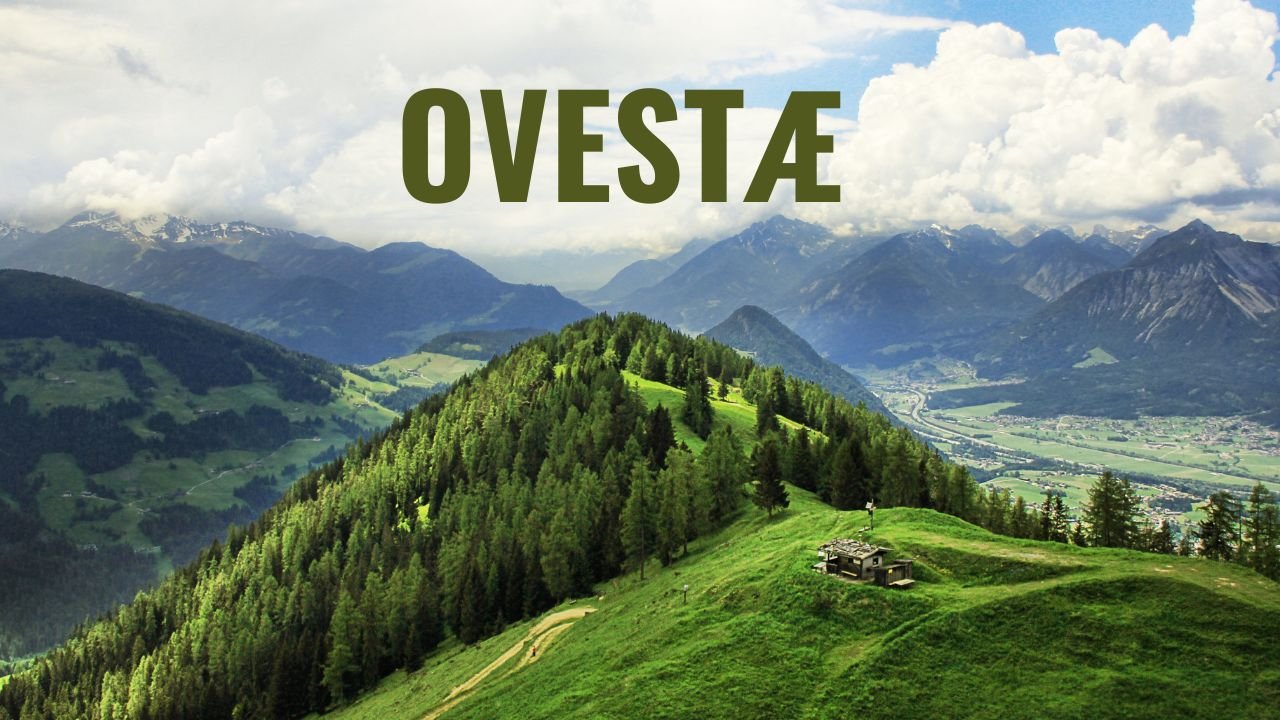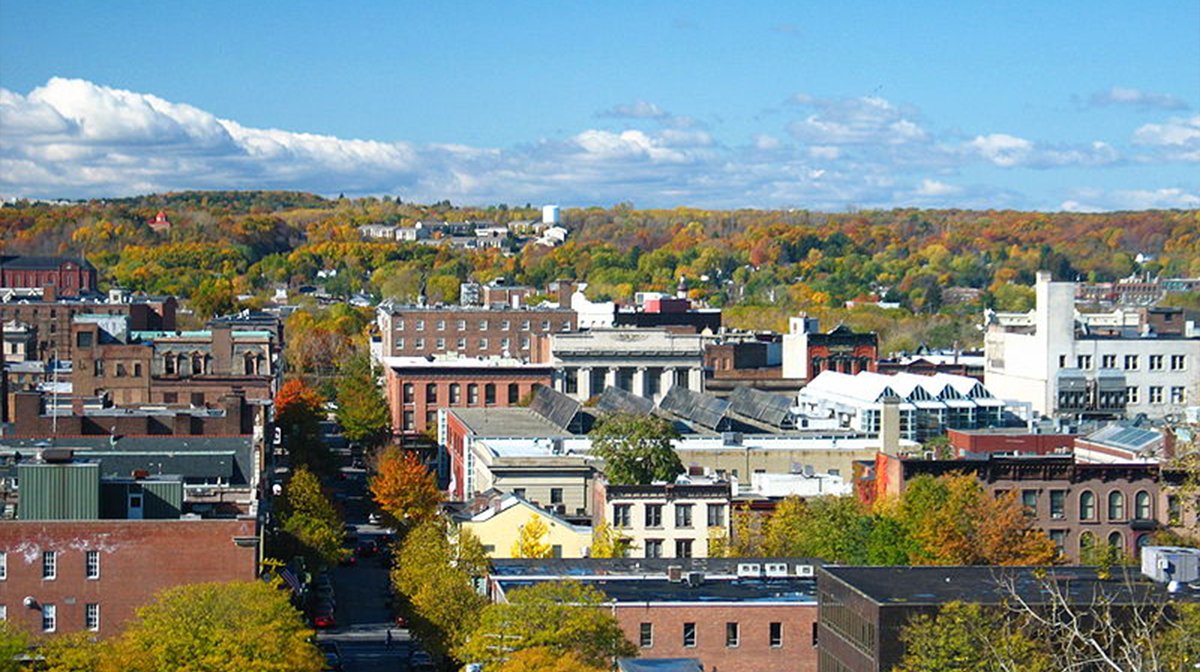Imagine a place where every aspect of life is a harmonious blend of deep-rooted traditions and profound philosophical thought. Welcome to Ovestæ, a land where culture and philosophy are not just coexisting but are interwoven into the very fabric of society. This unique integration creates a rich, vibrant tapestry of ideas, practices, and ways of living that are unlike anywhere else. Let’s embark on a journey to explore the captivating world of Ovestæ.
The Cultural Landscape of Ovestæ
Historical Background
Ovestæ’s cultural heritage is steeped in history, with influences from ancient civilizations that once thrived in the region. These early societies laid the groundwork for a culture that values wisdom, community, and harmony with nature. Over centuries, Ovestæ has evolved, absorbing elements from various cultures, yet maintaining a distinct identity.
Key Cultural Elements
Central to Ovestæ’s culture are its customs and rituals, which reflect a deep respect for ancestors and the natural world. These traditions are passed down through generations, fostering a strong sense of identity and continuity among the people.
Philosophical Foundations
Major Philosophical Influences
Ovestæ’s philosophical landscape is dominated by a blend of ancient philosophies, including Stoicism, Eastern philosophies like Confucianism, and indigenous wisdom. This eclectic mix promotes a way of life that emphasizes balance, ethical living, and intellectual pursuit.
How Philosophy Shapes Daily Life
In Ovestæ, philosophy is not confined to academic discourse; it permeates everyday life. People incorporate philosophical teachings into their daily routines, decision-making processes, and interpersonal relationships, creating a society that values thoughtful reflection and purposeful living.
Traditions in Ovestæ
Unique Cultural Traditions
Ovestæ is home to many unique traditions that reflect its philosophical underpinnings. From meditative morning rituals to community storytelling nights, these practices reinforce social bonds and personal growth.
Celebrations and Festivals
Festivals in Ovestæ are vibrant expressions of its cultural and philosophical ethos. Key celebrations include the Festival of Lights, symbolizing enlightenment, and the Harvest Festival, which honors nature’s bounty and encourages communal sharing.
Also Read: vital-mag.net Blog: Your Ultimate Health and Fitness Destination
Art and Literature
Role of Art in Ovestæ
Art in Ovestæ is a medium through which philosophical ideas are explored and expressed. Whether through painting, sculpture, or music, artists draw inspiration from philosophical themes, creating works that provoke thought and inspire dialogue.
Significant Literary Contributions
Ovestæ boasts a rich literary tradition, with works ranging from ancient philosophical texts to modern poetry and novels. These literary pieces often explore themes of human existence, morality, and the pursuit of knowledge.
Education and Knowledge
The Education System
Education in Ovestæ is deeply rooted in its philosophical traditions. The curriculum includes a balanced mix of arts, sciences, and ethical studies, encouraging students to develop both intellectually and morally.
Centers of Learning and Knowledge
Ovestæ is home to numerous centers of learning, including ancient libraries and modern universities. These institutions serve as hubs for philosophical study and cultural preservation, fostering an environment of continuous learning.
Religious and Spiritual Practices
Dominant Religions
The spiritual landscape of Ovestæ is diverse, with a blend of traditional religions and spiritual philosophies. These practices often emphasize harmony with the universe, ethical living, and personal enlightenment.
Spiritual Philosophies
Spirituality in Ovestæ is intertwined with daily life, encouraging individuals to seek balance and inner peace. Meditation, nature walks, and communal prayer are common practices that help people connect with their inner selves and the world around them.
Ovestæ’s Approach to Modernity
Balancing Tradition and Innovation
Ovestæ successfully balances its rich traditions with the demands of modernity. Innovation is embraced, but not at the expense of cultural and philosophical values. This balance is evident in the country’s approach to technology, education, and governance.
Impact of Globalization
While Ovestæ is open to global influences, it carefully integrates new ideas in a way that enriches rather than diminishes its cultural heritage. This selective adaptation ensures that globalization contributes to, rather than erodes, Ovestæ’s unique identity.
Cuisine and Gastronomy
Traditional Dishes
Ovestæ’s cuisine is a reflection of its cultural and philosophical heritage. Traditional dishes are prepared using locally sourced ingredients and often have symbolic meanings. Meals are considered communal events, fostering social bonds and reinforcing cultural values.
Influence of Philosophy on Food
Philosophy influences not just what people eat, but how they eat. Mindful eating practices are encouraged, promoting a deeper appreciation of food and its origins. This approach aligns with broader philosophical themes of gratitude and respect for nature.
Architecture and Urban Planning
Traditional vs. Modern Architecture
The architectural landscape of Ovestæ is a blend of ancient structures and modern designs. Traditional buildings, with their intricate carvings and natural materials, coexist with sleek, innovative structures, creating a visually harmonious environment.
Philosophical Influences on Urban Planning
Urban planning in Ovestæ reflects philosophical principles such as balance and harmony. Green spaces, communal areas, and thoughtfully designed public buildings promote a sense of community and well-being.
Language and Communication
Linguistic Heritage
The language of Ovestæ is a rich tapestry of indigenous dialects and ancient scripts. This linguistic diversity is a testament to the country’s historical depth and cultural richness.
Role of Language in Cultural Expression
Language in Ovestæ is not just a means of communication but a vital tool for cultural expression. Through poetry, prose, and oral traditions, the people of Ovestæ keep their heritage alive and pass down their values to future generations.
Social Structure and Community Life
Family Dynamics
Family is the cornerstone of social life in Ovestæ. Multi-generational households are common, and family members play an active role in each other’s lives, providing support and fostering strong bonds.
Community Interactions
Communities in Ovestæ are close-knit and supportive. Regular community gatherings, festivals, and collaborative projects strengthen social cohesion and foster a spirit of mutual aid.
Economic Practices
Traditional Economic Activities
Traditional economic activities in Ovestæ include agriculture, craftsmanship, and trade. These practices are often guided by philosophical principles of sustainability and ethical commerce.
Modern Economic Trends
While modern economic activities are on the rise, they are carefully integrated with traditional practices. The emphasis remains on sustainable development and ethical business practices, ensuring that economic growth benefits the entire community.
Conclusion
Ovestæ is a unique blend of culture and philosophy, where ancient traditions and modern innovations coexist harmoniously. Its rich heritage, deeply rooted in philosophical thought, creates a society that values wisdom, balance, and community. As Ovestæ continues to evolve, it remains a shining example of how culture and philosophy can intertwine to create a vibrant, harmonious society.
Also Read: Vital Mag.net: Comprehensive Guide For Four Health and Wellness





